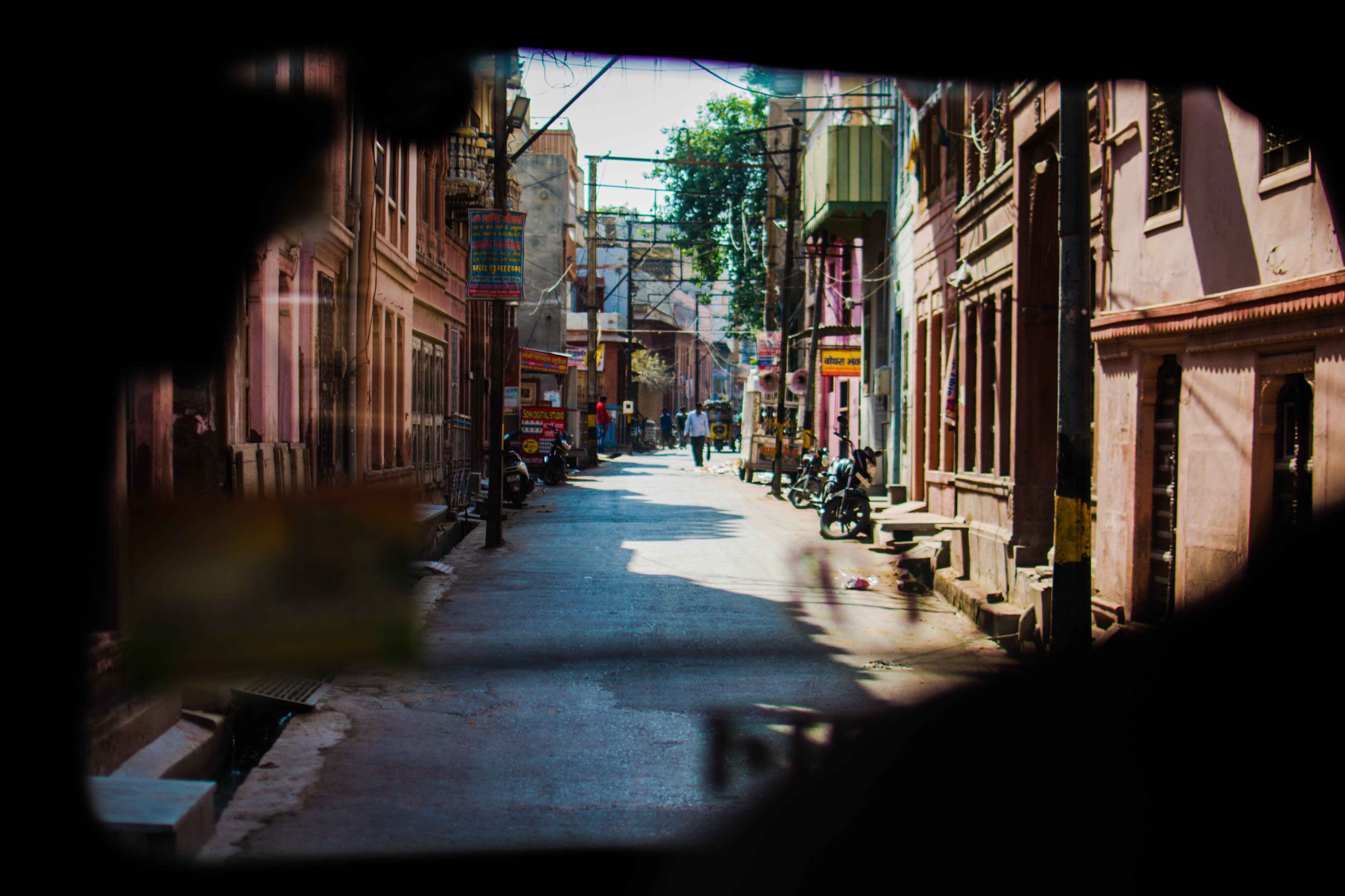The political landscape of Telangana has undergone a seismic shift as the Congress party edges closer to victory in the Legislative Assembly Elections, marking a significant departure from the Bharat Rashtra Samithi's (BRS) dominance since the state's formation in 2014. KT Rama Rao of the BRS expressed disappointment over the results, emphasizing the unfolding political dynamics. Currently, the Congress leads with 63 out of 119 seats, while the BRS, led by K Chandrasekhar Rao, trails with a lead in 40 seats. Revanth Reddy's victory in Kodangal adds another layer to this political transformation.
The challenges faced by the BRS can be attributed to a combination of factors, including allegations of corruption and criticism of single-family dominance, overshadowing earlier successes in welfarism, regional sentiment, and communal harmony. This discontent became a focal point for opposition parties, particularly the Congress and the BJP.
The youth demographic played a crucial role in shaping the electoral outcome, constituting over 30% of the electorate. With seven lakh first-time voters added to the electoral roll, political parties strategically targeted this segment. The Congress, in particular, unveiled the 'Youth Declaration,' addressing the aspirations and concerns of this dynamic demographic, including a promise to generate two lakh government jobs within the first two years of a Congress-led government.
Comparing the present electoral landscape to the 2018 Telangana Assembly Elections, where the BRS secured 88 seats and the Congress 19, a discernible shift has occurred. This not only highlights the Congress's resurgence but also accentuates the challenges confronting the BRS, spotlighting the dynamic evolution of political dynamics within the state.
The electoral landscape witnessed two noteworthy trends with the introduction of the youngest candidates in contention, both representing the Bahujan Samaj Party (BSP). Pasupula Prasant Kumar (25) actively participated in the electoral race from Shadnagar, while Guguloth Shekar Naik (25) vied for victory in Mahabubabad (ST). Additionally, the inclusion of two trans women candidates – Matashree Janakamma (48) representing the RSP in the Jadcherla constituency and Pushpithalaya Chithrapu (32), a Dalit-Trans candidate contesting from Warangal East on behalf of the BSP – adds a new dimension to the political spectrum.
Telangana's electoral dynamics are undergoing a transformative phase, marked by the Congress's resurgence and the BRS facing unprecedented challenges. The inclusion of diverse candidates, youth-centric strategies, and shifting political currents make the 2023 elections a pivotal moment, offering a glimpse into the evolving preferences of the electorate.
With an average MLA age of 56 and a composition of 90% male and 10% female MLAs, the spotlight is on the youngest faces in the assembly!
Meet Mynampally Rohith, Yashaswini Mamidala (both 26, INC), and Lasya Sayanna (36, BRS).
In a state grappling with youth concerns like competitive exams and unemployment, we're eager to see how these fresh voices will champion the needs of the youth!




 (15).png)